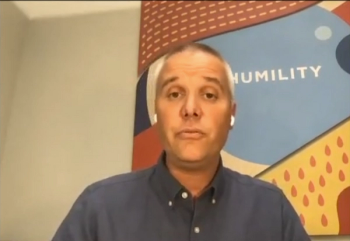
What impact will telehealth have on patient outcomes and physician reimbursement? Jeremy Gabrysch, MD, CEO of Remedy, discusses telehealth and other changes in health care.

Chris Mazzolini is the editorial director of Medical Economics. Before entering B2B publishing, he worked as a daily newspaper reporter, covering state government, local politics, and military affairs in Jacksonville and Wilmington, North Carolina. He has a master’s degree in journalism from the Medill School of Journalism at Northwestern University and a bachelor’s degree in political science from Kenyon College. He lives in the Cleveland area.

What impact will telehealth have on patient outcomes and physician reimbursement? Jeremy Gabrysch, MD, CEO of Remedy, discusses telehealth and other changes in health care.
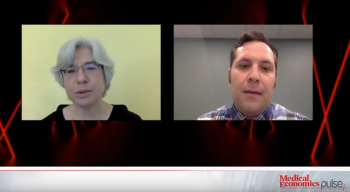
Primary care was in crisis in the United States — and then COVID-19 happened. How can we create a better model for primary care?
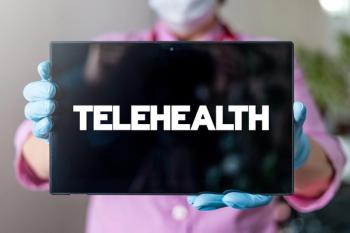
Physicians need telehealth to ensure they can treat their patients during this unprecedented COVID-19 pandemic. They also need to secure the necessary revenue to keep their practices functioning through accurate coding and documentation.

How the COVID-19 pandemic is setting up a potential crisis in cancer and other serious conditions.
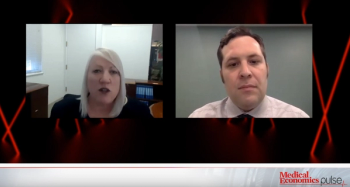
Physicians now have to deal with new patient safety risks and other management challenges resulting from the COVID-19 pandemic.

Labs say the recent surge in COVID-19 tests and cases has them closely approaching testing capacity.
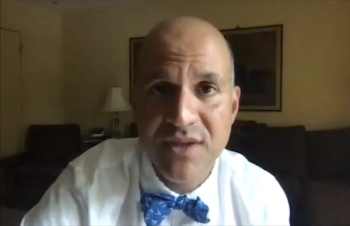
Farzad Mostashari, MD, CEO of Aledade, discusses why physician practices that have leaned into value-based care have weathered the COVID-19 pandemic successfully.
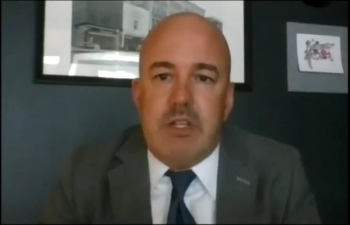
Sean P. Byrne, JD, a medical malpractice defense lawyer, discusses how coronavirus has scrambled a physician's malpractice risks, and what doctors need to do to prepare.
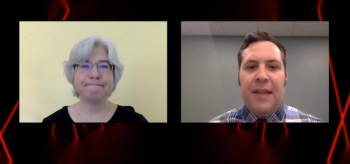
Primary care was in crisis in the United States - and then COVID-19 happened.

Studies have found that about half of all physicians will face a malpractice suit at some point in their career.
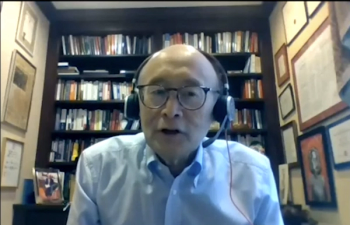
Thomas Lee, MD, the chief medical officer for Press Ganey, discusses what physicians have learned from the COVID-19 pandemic.
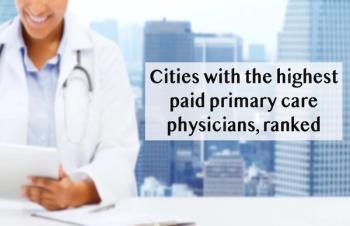
What cities pay primary care physicians the most?
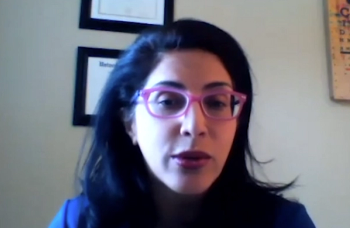
Geeta Nayyar, MD, chief medical officer for Greenway, discusses how physicians can re-open their practices safely and efficiently in the midst of the COVID-19 pandemic.
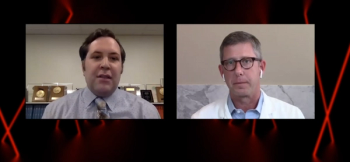
Peter Alperin, MD, an internist and vice president at Doximity, discusses how physicians can use telehealth to efficiently see patients, even after practices re-open.
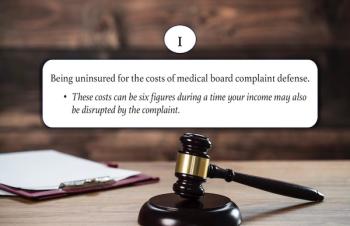
Medical board complaints can put your career in jeopardy. Here are mistakes to avoid.
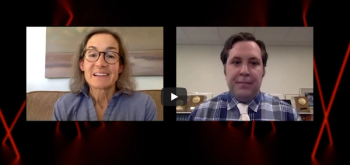
Healthcare consultant Elizabeth Woodcock answers common questions about telehealth use, reimbursement and coding in the new post-COVID-19 world.
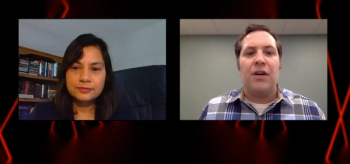
Physicians can use telehealth not only during the COVID-19 pandemic, but to improve patient care in the long run. Here's how.
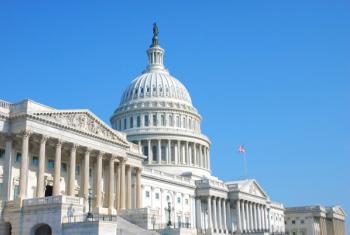
After hospitals treating many COVID-19 patients don't recieve any remdesivir, physicians and lawmakers are asking the White House for transparency.
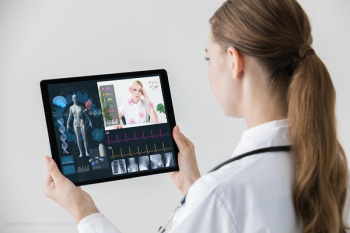
Even though practices want to start their telehealth program quickly, do not rush due diligence.
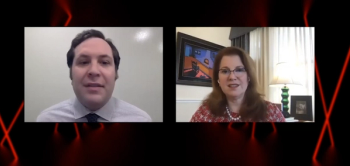
Independent medical practices are crucial to the working of our health system. So what can be done to save them from COVID-19?

A new list reveals the best places for retirement
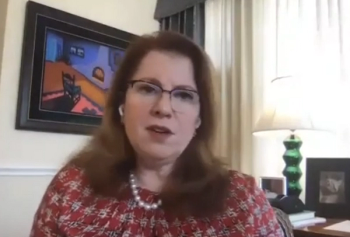
Halee Fischer-Wright, MD, the president and CEO of the Medical Group Management Association, discusses the state of the COVID-19, the role of physicians in ending the pandemic.
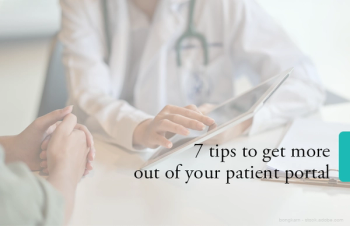
How practices can put their patient portal to use and reap the rewards of deeper patient engagement.
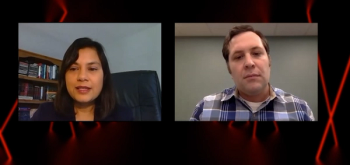
Tabassum Salam, MD, the ACP's vice president of medical education, discusses what physicians need to know to get started with telehealth right away.
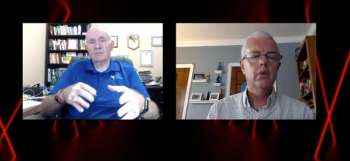
Healthcare business consultant Owen Dahl explains what physicians need to do to protect their practice from financial harm as a result of the COVID-19 pandemic.

It’s impossible to guarantee your data will be safe, but there are best practices you can follow to reduce your chance of a hack or breach
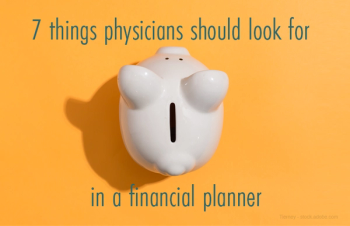
Anyone can call themselves a financial planner, so how do you pick the right one for you?
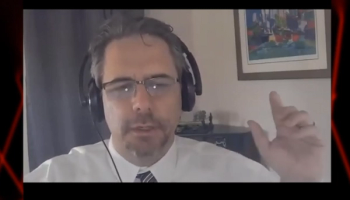
Eric Haden discusses the mechanics of conducting a telehealth appointment, and explains how physicians can improve on camera.
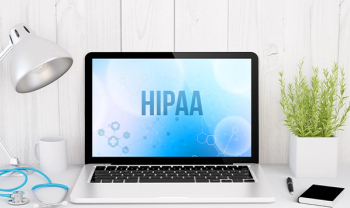
The U.S. Health and Human Services Department (HHS) announced that it was excercising "discretion" in pursuing HIPAA privacy violations during the COVID-19 pandemic.
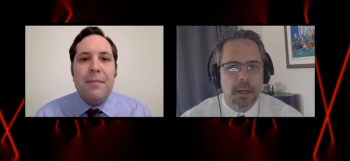
How physicians can set up a telehealth program quickly to see patients during the COVID-19 pandemic.